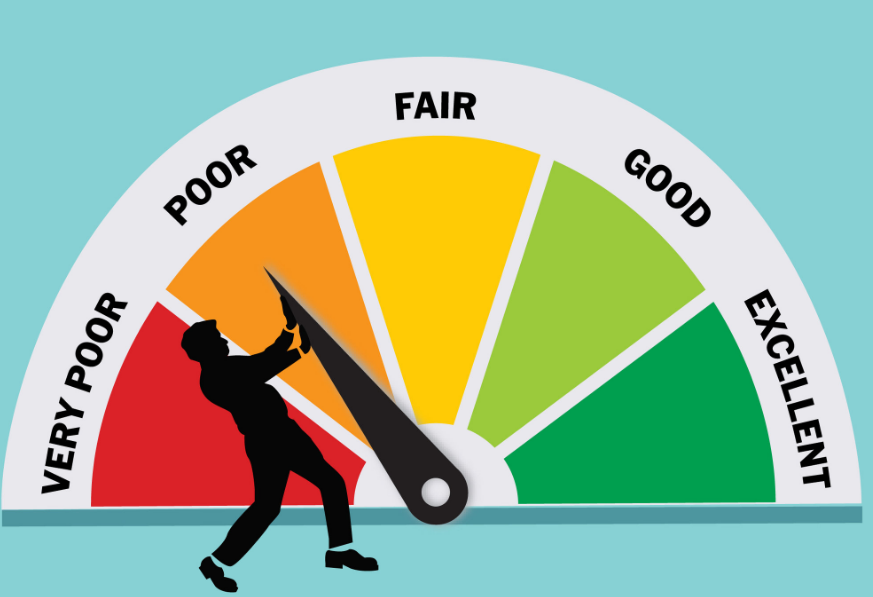Navigating the world of loans can feel overwhelming. Whether you’re looking to buy a home, finance a car, or cover unexpected expenses, understanding what impacts your loan approval is crucial. A few key factors play significant roles in determining whether lenders will say yes—or no—to your application. Knowing these elements can empower you to make informed decisions and put you on the path to financial success. Let’s dive into the essential aspects that influence your chances of securing that much-needed financing.
Credit Score
Your credit score is often the first thing lenders check. This three-digit number reflects your creditworthiness, making it a crucial factor in loan approvals. A higher score generally indicates that you’re a low-risk borrower. It shows you’ve managed debt responsibly and paid bills on time. Lenders see this as a green light for approval. Conversely, a lower score can raise red flags. It may suggest past financial struggles or missed payments, leading to potential rejection or less favorable terms.
Credit History

Your credit history is a detailed record of your borrowing and repayment activities. Lenders use it to gauge how reliable you are when managing debt. This history includes information like your open accounts, payment patterns, and any defaults or bankruptcies. The longer your positive track record, the better the impression you’ll leave on potential lenders. It’s not just about having a high score; it’s about demonstrating responsible behavior over time. A consistent pattern of on-time payments can significantly enhance your approval chances. Keep in mind that recent hard inquiries also play a role.
Debt-to-Income Ratio (DTI)
Your debt-to-income ratio (DTI) is known to be a crucial number lenders scrutinize when deciding on your loan application. This gives lenders insight into how much of your income goes toward existing obligations. A lower DTI indicates that you manage your debts well. Lenders typically prefer applicants with a DTI below 36%. Higher ratios can raise red flags, suggesting you may struggle to handle additional payments. To calculate it, add up all monthly debts—like credit card payments, student loans, and mortgages—and divide by your gross monthly income. The result shows what percentage of your income is committed to paying off these debts.

Income Level and Stability
Lenders closely examine your income level and stability when assessing loan applications. A steady income signals reliability. It assures lenders that you can handle monthly payments. Your job history plays a crucial role too. Frequent job changes might raise red flags. Employment stability suggests you’re less of a risk. Lenders also consider the type of income you earn. Salaried positions often provide more security than freelance or commission-based work, even if the latter offers higher potential earnings. Documenting all sources of income is essential.
Understanding the key factors that impact your loan approval chances is essential for anyone looking to secure financing. Your credit score plays a vital role in determining how lenders view you as a borrower. A higher score generally means better terms and conditions, while a lower one can hinder your options. By focusing on these areas, you can improve your likelihood of obtaining favorable loan terms when it’s time to borrow money.…


 Another sector that utilizes credit record information is real estate. If you plan on acquiring a home or renting, be aware that many homeowners will look at your credit history and rating. Homeowners are likely to sell or rent their houses to potential tenants with good credit scores and history. Additionally, a good credit score will aid in getting more favorable interest rates on your mortgage. In some way, a landowner and a tenant’s relationship is similar to that of a lender and borrower. An excellent credit score boosts an individual’s chance of getting better interest rates on a mortgage. Lenders and homeowners view people with high credit ratings as low-risk candidates.
Another sector that utilizes credit record information is real estate. If you plan on acquiring a home or renting, be aware that many homeowners will look at your credit history and rating. Homeowners are likely to sell or rent their houses to potential tenants with good credit scores and history. Additionally, a good credit score will aid in getting more favorable interest rates on your mortgage. In some way, a landowner and a tenant’s relationship is similar to that of a lender and borrower. An excellent credit score boosts an individual’s chance of getting better interest rates on a mortgage. Lenders and homeowners view people with high credit ratings as low-risk candidates. When you need an online lender, make sure that you take your time to check on the level of experience. It is among the essential factor that you should consider before you hire any lender. You need to understand that some dishonest and fake lenders are operating online, and this means that they can cheat you in various ways. Make sure that you do your research and find professional and experienced online lenders that you can hire.
When you need an online lender, make sure that you take your time to check on the level of experience. It is among the essential factor that you should consider before you hire any lender. You need to understand that some dishonest and fake lenders are operating online, and this means that they can cheat you in various ways. Make sure that you do your research and find professional and experienced online lenders that you can hire.
